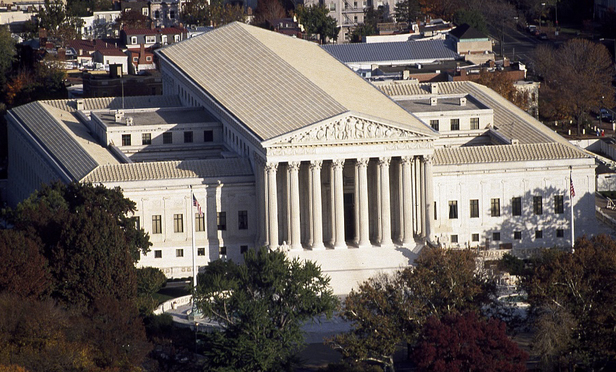It would be easy to overlook the U.S. Supreme Court’s decision last term in Paroline v. United States, 134 S. Ct. 1710, 188 L. Ed. 2d 714 (2014). Many other cases involved hot-button issues like the Affordable Care Act’s contraceptive mandate, legislative prayer, campaign finance, recess appointments, and free speech around abortion clinics. Indeed, Paroline—a child-pornography case—went unmentioned in both Erwin Chemerinsky and Frederick Lawrence’s Supreme Court Review at the National Constitution Center and Paul Clement’s counterpart for the Philadelphia Lawyers Chapter of the Federalist Society. Such decisions seldom apply to cases outside of that uniquely awful realm.
But Paroline is different. The court in Paroline crafted a new causation standard for awards of restitution following federal criminal convictions. As Chief Justice John Roberts Jr. noted in his dissent, the restitution statute at issue in this case is not limited to child-pornography cases. The court’s decision may thus affect a wide range of criminal cases, from fraud to conspiracy to civil rights.



